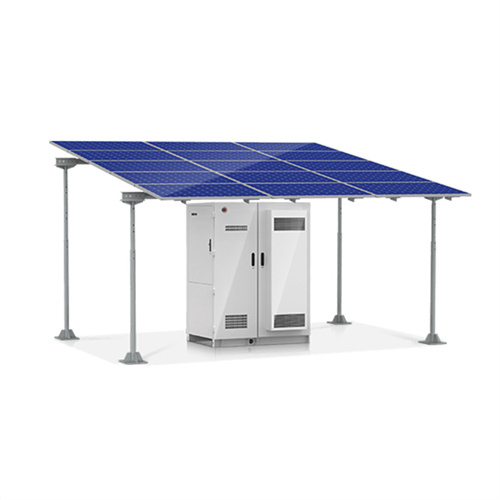About Home energy storage bms battery management
As the photovoltaic (PV) industry continues to evolve, advancements in Home energy storage bms battery management have become critical to optimizing the utilization of renewable energy sources. From innovative battery technologies to intelligent energy management systems, these solutions are transforming the way we store and distribute solar-generated electricity.
When you're looking for the latest and most efficient Home energy storage bms battery management for your PV project, our website offers a comprehensive selection of cutting-edge products designed to meet your specific requirements. Whether you're a renewable energy developer, utility company, or commercial enterprise looking to reduce your carbon footprint, we have the solutions to help you harness the full potential of solar energy.
By interacting with our online customer service, you'll gain a deep understanding of the various Home energy storage bms battery management featured in our extensive catalog, such as high-efficiency storage batteries and intelligent energy management systems, and how they work together to provide a stable and reliable power supply for your PV projects.
6 FAQs about [Home energy storage bms battery management]
What is BMS technology for stationary energy storage systems?
This article focuses on BMS technology for stationary energy storage systems. The most basic functionalities of the BMS are to make sure that battery cells remain balanced and safe, and important information, such as available energy, is passed on to the user or connected systems.
What is a BMS for large-scale energy storage?
BMS for Large-Scale (Stationary) Energy Storage The large-scale energy systems are mostly installed in power stations, which need storage systems of various sizes for emergencies and back-power supply. Batteries and flywheels are the most common forms of energy storage systems being used for large-scale applications. 4.1.
What is BMS for energy storage system at a substation?
BMS for Energy Storage System at a Substation Installation energy storage for power substation will achieve load phase balancing, which is essential to maintaining safety. The integration of single-phase renewable energies (e.g., solar power, wind power, etc.) with large loads can cause phase imbalance, causing energy loss and system failure.
What is a battery energy storage system?
Battery energy storage systems (BESS) Electrochemical methods, primarily using batteries and capacitors, can store electrical energy. Batteries are considered to be well-established energy storage technologies that include notable characteristics such as high energy densities and elevated voltages .
What are energy storage systems?
Energy storage systems are designed to capture and store energy for later utilization efficiently. The growing energy crisis has increased the emphasis on energy storage research in various sectors. The performance and efficiency of Electric vehicles (EVs) have made them popular in recent decades.
How much lithium should a BMS battery contain?
For technician-lithium batteries, the battery should not contain greater than 5.0 gm of metallic lithium [33, 38]. Prevention of fire and shock hazards are primary concerns for any BMS operation. Basic principles of protection for safety include large sections of the International Electrotechnical Commission (IEC) Standards.
Related Contents
- Battery capacity for home energy storage
- Ups energy storage battery for home use
- Home energy storage battery shell picture
- Nicosia home energy storage battery production
- Outdoor home energy storage battery
- Home battery energy storage inverter
- Energy storage battery management unit
- Home energy storage battery pictures hd
- Domestic home energy storage battery installation
- Improve the energy storage battery bms
- Which is the best home energy storage battery
- Fe-cr flow battery for home energy storage


